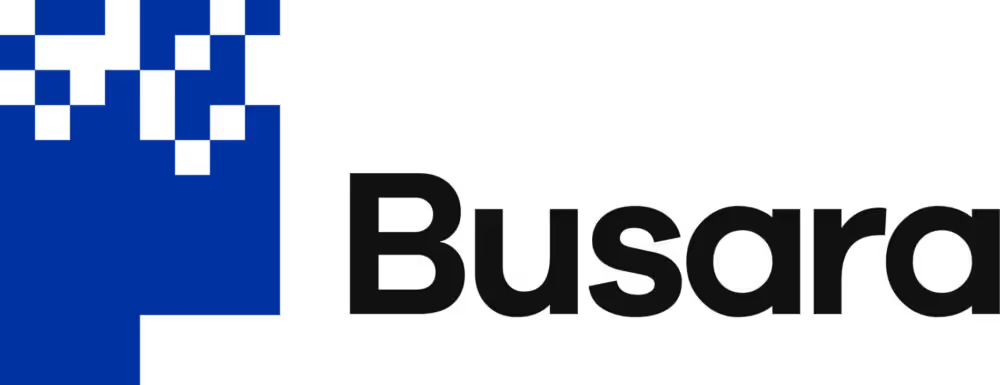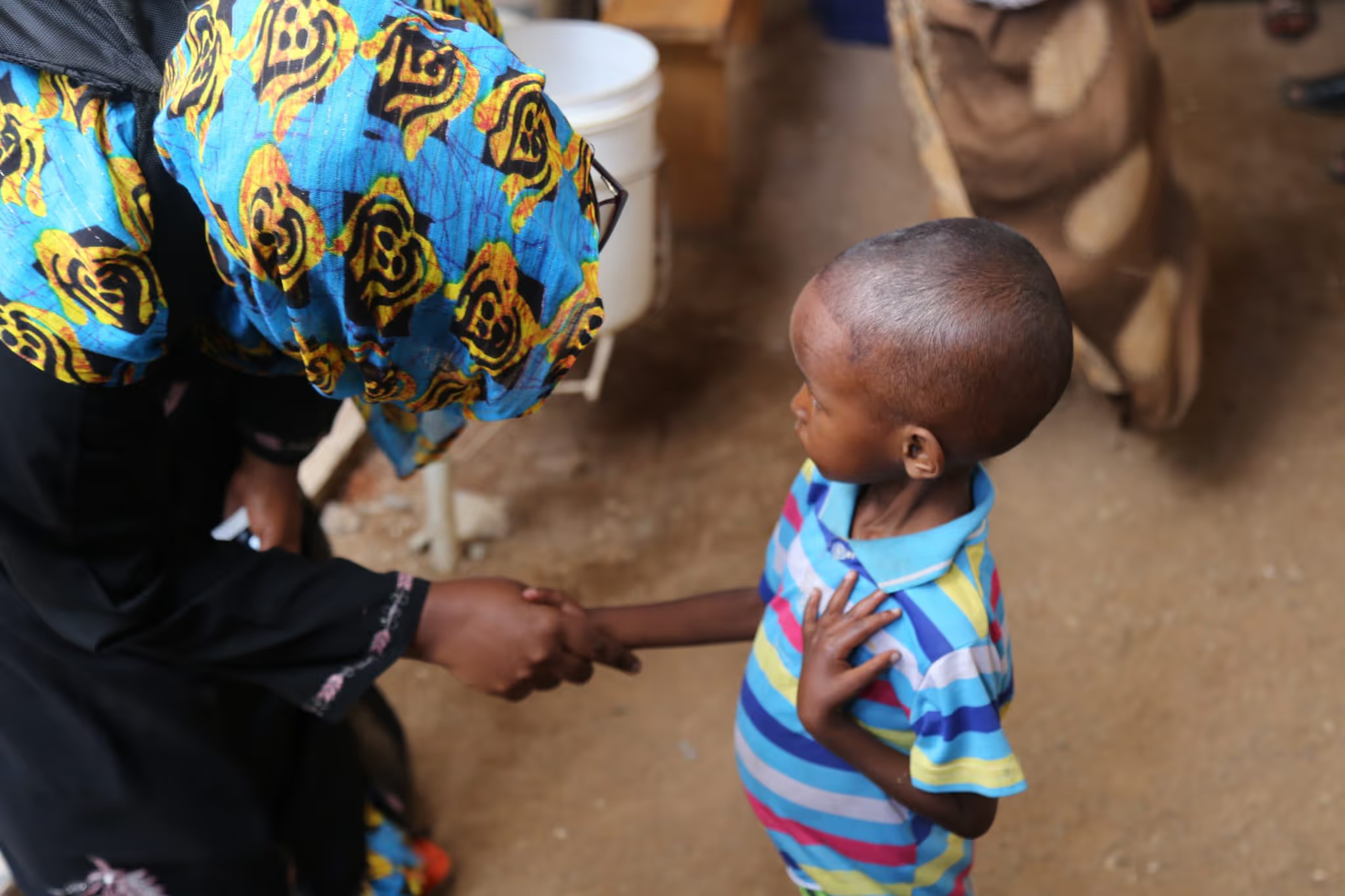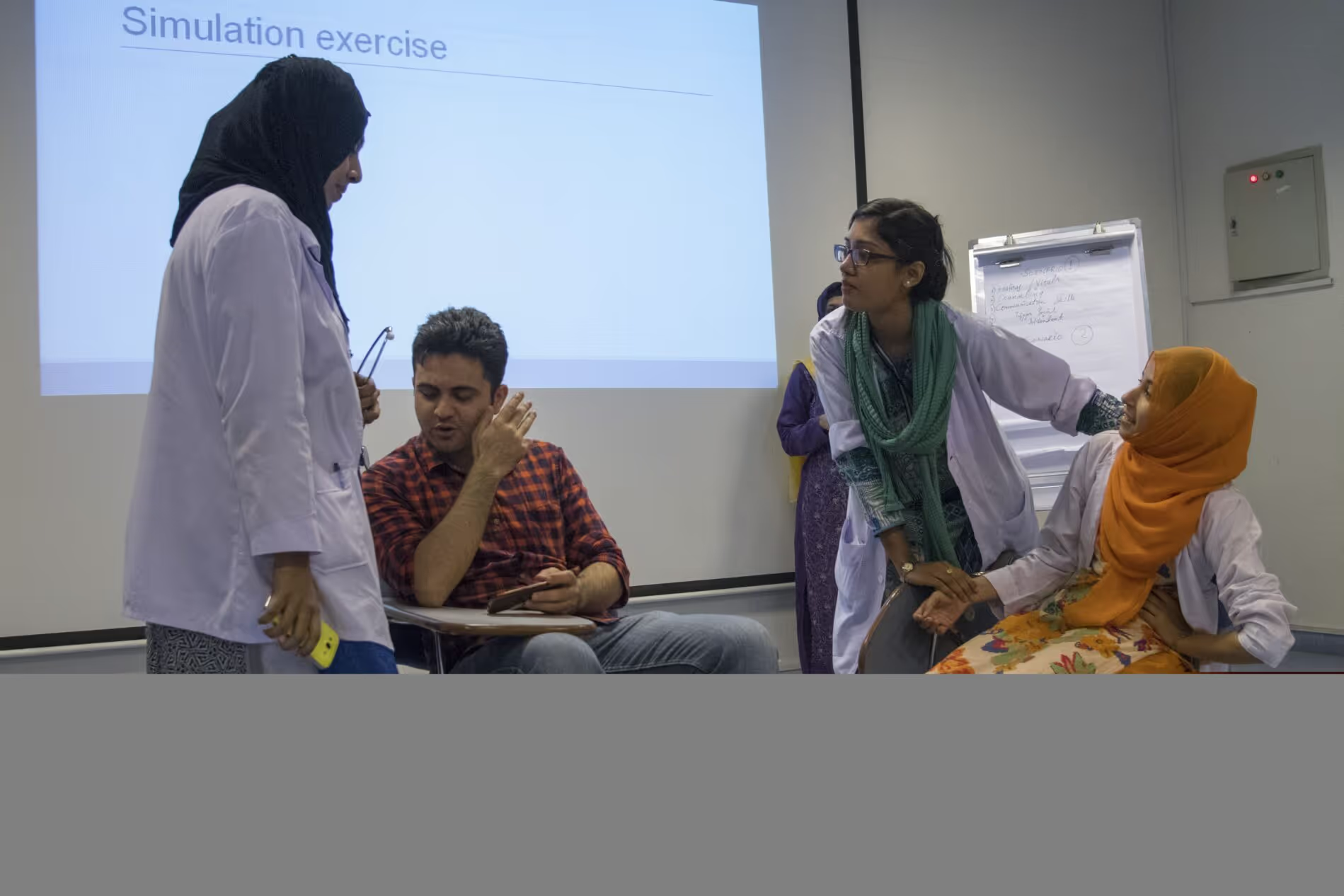Misinformation and COVID-19-related health measures in displacement settings

Project overview
How and in what ways does misinformation influence uptake and adherence to public health measures for prevention, control and treatment of COVID-19? How are these dynamics shaped by the experience of displacement and the environment of a displacement settlement?
Project solution
This project offers [specific solution or intervention] to tackle [challenge]. By implementing [strategies, tools, or innovations], the project aims to achieve [desired outcomes]. The approach is designed to [specific actions or methods] to bring about meaningful change in [community, region, or issue area].
Expected outcomes
This project aims to achieve [specific outcomes], such as [measurable results, improvements, or changes]. The expected impact includes [benefits to the target community, advancements in research or innovation, or long-term effects]. By the end of the project, we anticipate [specific changes or milestones] that will contribute to [broader goals or objectives].
Principal Investigator: Dr Mareike Schomerus (Busara Center for Behavioral Economics)
Research Snapshot: Misinformation and Covid-19-related health measures in displacement settings
This pilot randomized controlled trial (RCT), explored whether manipulating the source of public health information during the COVID-19 pandemic would shift the attitudes, knowledge and behaviour of refugees and internally displaced persons.
[.cta_link]View snapshot[.cta_link]
WHAT DID THE STUDY SET OUT TO ACHIEVE?
This pilot randomized controlled trial (RCT), explored whether manipulating the source of public health information during the COVID-19 pandemic would shift the attitudes, knowledge and behaviour of refugees and internally displaced persons. While the research questions could not be answered, the study generated useful insights for researchers interested in similar questions.
What were the key findings?
Public health information is usually intended to influence people’s behaviour, but this outcome may depend on whether audiences perceive the source as trustworthy. Manipulating the source should therefore affect outcomes.
But, as this pilot study in Beni, Democratic Republic of the Congo (DRC) demonstrated, doing this is not easy. Attribution of attitude or behaviour changes to the source manipulation was not possible. Learning and recommendations for how source-labelled information can be delivered more effectively in humanitarian settings were documented for the benefit of those who might conduct similar evaluations in future. Researchers or humanitarian programme staff could use learning from this study to test their Theory of Change prior to conducting a similar evaluation.
Project delivery & updates
Stay up to date with the latest developments from this project. Here, you will find details on what has been delivered, resources created, and regular updates as the project progresses. Access key documents, reports, and other materials to see how the project is making an impact.








